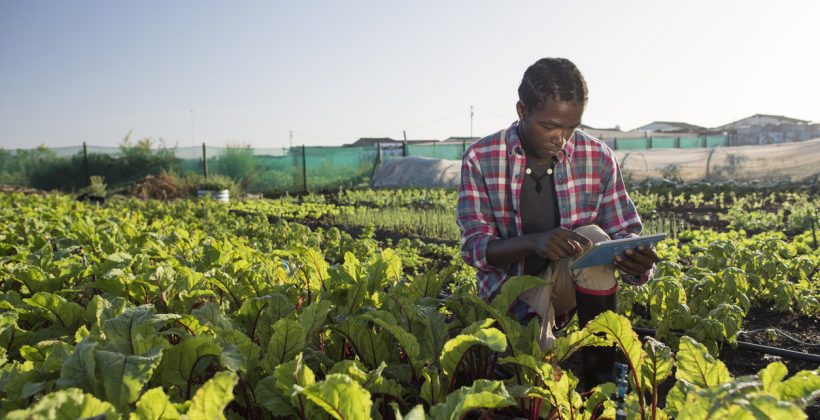
The pandemic has drastically changed the way data collection is conducted. In this new reality, research ethics and safeguarding shouldn’t be deprioritised. As remote data collection will be increasingly present in the evaluation practice for the foreseeable future, it is important to reflect on what is needed to ensure this mode of working doesn’t breach ethical guidelines, putting participants at risk. At Itad, we have put together a guide to ethics for remote data collection and in this blog, we’re sharing some of the highlighted points.
Keep it confidential
It’s extremely important to have standard processes for obtaining consent when interviewing participants. So, for example, if you’re doing an interview on the phone, make sure you’re reading a consent statement, explaining the purpose of the interview, how the data will be used, stressing participants’ right to withdraw from the interview at any time. Most importantly, ask for their consent to be involved as described. Ideally, as we cannot confirm consent through signatures or thumbprints, verbal consent should be recorded as part of the interview (if the interview is recorded), so it can be retrieved in the future. Also, don’t forget to ask if the participants are over 18 — although the age of maturity may change depending on the countries and culture, speaking to minors has significant implications for your evaluation, so it is always better to ask. Standard practices like these will ensure that confidentiality and consent are maintained in the course of data collection and that evaluations follow all the right steps.
Create a safe environment
When evaluators conduct interviews in person, they can check if the surroundings are private enough, if the interviewee looks comfortable and if the environment is safe. For example, young girls may not feel comfortable speaking about sensitive topics in front of family members or adults. Factory workers may not speak openly and honestly if interviewed in the workplace. In some cases, they may suffer repercussions if they give negative feedback about their employers.
When doing interviews on the phone or on online communication platforms, evaluators aren’t able to check the environment around the respondent. We’ve learned that it is crucial to agree on a time to call when respondents know they can talk freely, so as to maintain their confidentiality and privacy. It is also really important before starting the interview to ask if respondents are on their own. If they aren’t on their own, you may ask them if they can go somewhere private, unless they feel comfortable where they are. Steps like these will ensure not only that your respondents are safe, but also that they will give you more honest answers and improve the quality of the data collection.
Safeguard your data
As most of the data collection is now happening online or over the phone, data management is necessary to ensure that all data is stored securely. For example, sending interview scripts over email should be avoided if the documents contain confidential information. Emails can be forwarded and interview transcripts may fall easily into the wrong hands! Instead, it is advisable to set up dedicated folders in document sharing platforms with good data protection systems. Only those team members who need to see the data will be able to access the information.
When you are using phones to contact respondents, all numbers need to be removed from the device, to ensure respondents aren’t contacted for other purposes. Managing data is extremely important as we move towards an increased reliance on remote data collection, and it is something that shouldn’t be underestimated.
Protect in-country researchers
Depending on country-level guidelines, face-to-face interviews might be possible if carried out by in-country researchers. However, we need to make decisions on whether face-to-face data collection is safe for the respondents, as well as for the team and ensure the approach we take is in line with local guidelines or restrictions. For example, if working with respondents who have known health issues, in-person data collection should be discouraged so as to avoid risks of health complications. Wherever in-person data collection is possible, we should write a protocol to limit the spread of COVID-19, including measures for social distancing, regularly washing hands, using hand sanitiser, PPE etc.
Ensuring no harm
Overall, ethical guidelines for remote data collection, in the same way as ethics for in-person data collection, help us minimise the risk of doing harm. Despite all the seismic changes happening in the world, as well as in the evaluation sector, ethics and safeguarding remain at the top of our priorities and we are committed to adapt our ethical guidelines to ensure participants’ physical and mental wellbeing is always put first.

